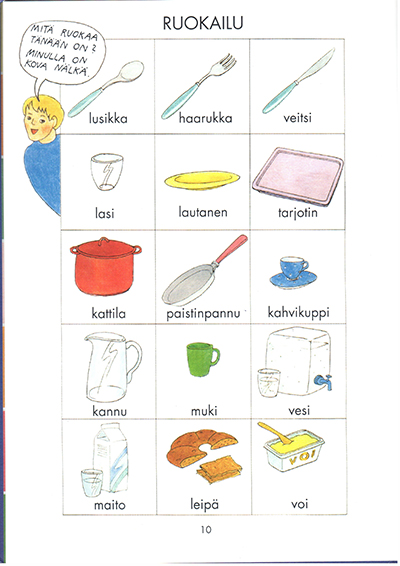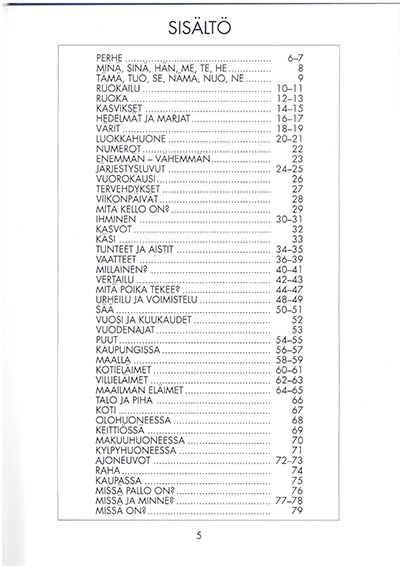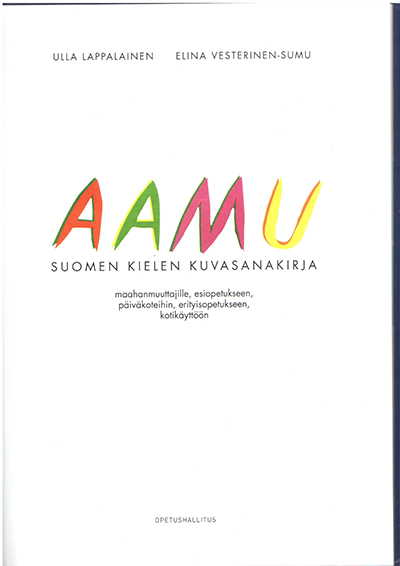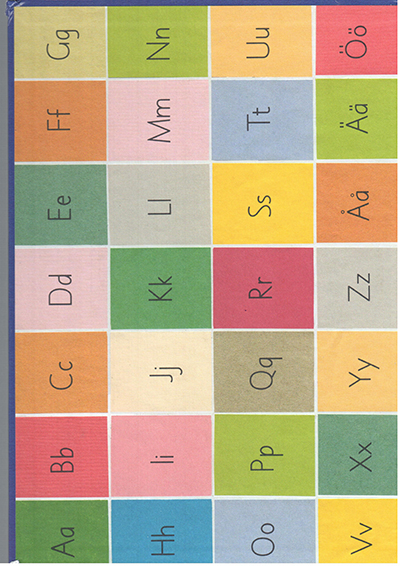| Sorted by date | |||
page053from Building Ideassenses and the empirical philosophies of Locke, Berkeley and Hume. Before approaching this debate and its consequences for aesthetics, another figure must be considered as an early contributor to this field.
The Roman philosopher Plotinus, who lived in the third century AD, managed to resolve some the contradictions between the two philosophies set out above. In developing a complete system from Plato’s fragmented dialogues, he produced an influential aesthetic theory as a component of his neo-Platonism. Beginning with Plato’s divine creator as the ultimate source of truth and beauty, Plotinus set up a hierarchical system to explain the relationship between different levels of being. These levels are described as emanations from the “One” – the “Absolute” source of the order of the world. From the One comes the divine mind, which Plotinus called Nous, and from this comes the Soul, both of the world and of individuals. The Soul, as for Plato, controls or pilots the body, which is part of the final emanation into the physical world of objects. All levels partake of the divine order of the One, and it is this order that the Soul comes to recognize in its contemplation of beauty. Individual beauty is therefore a symbol of an underlying cosmic harmony, which the Soul can perceive because of its relationship with the One. This higher form of beauty is what the individual soul aspires to, and the artist therefore has this goal in mind. In nature this beauty is only imperfectly represented whereas the artist can discover it more directly from within. It is here that Plotinus parts company with Plato’s thinking, as the artist is given a privileged role in his system: Still the arts are not to be slighted on the ground that they create by imitation of natural objects; for, to begin with, these natural objects are themselves imitations; then, we must recognize that they give no bare reproduction of the thing seen but go back to the Reason-Principles [Ideas] from which nature itself derives, and furthermore, that much of their work is all their own; they are holders of beauty and add where nature is lacking.4 4 Plotinus, Enneads, translated by Stephen MacKenna, Penguin Books, London, 1991, V, viii, 1 , 411.
|
|||
|
|||
|
|
 ... ...
... ... ... ...
... ... ... ...
... ... ... ...
... ... ... ...
... ... ... ...
... ... ... ...
... ... ... ...
... ... ... ...
... ... ... ...
... ... ... ...
... ... ... ...
... ... ... ...
... ... ... ...
... ... ... ...
... ...